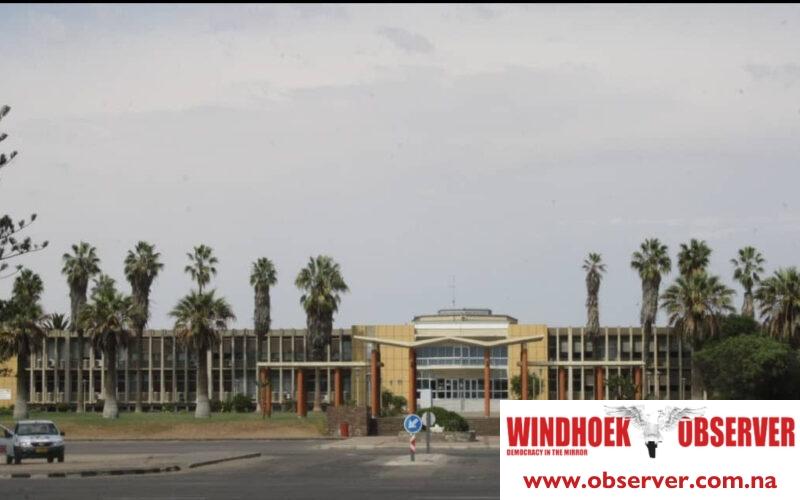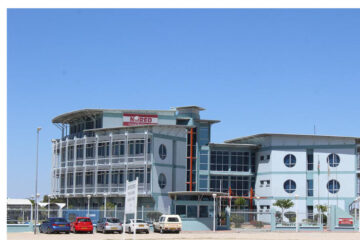Niël Terblanché
Residents of Walvis Bay will face increased utility costs after the town’s budget for the upcoming financial year is approved.
The Walvis Bay Town Council has greenlighted a budget that includes tariff hikes of 5% for water and 2.5% for sewerage, refuse, rates, and taxes.
Richard Hoaeb, the chairperson of the management committee, presented the budget, which totals N$566 million, during a council meeting on Thursday.
According to Hoabeb, the budget outlines both expected revenue and expenditure for the new financial year, with each amounting to approximately N$566 million.
“This balanced approach adheres to the line ministry’s requirement that the budget should not result in a deficit or surplus,” he said.
Hoaeb stressed that the tariff increases were necessary to account for the average annual inflation rate of 5% and anticipated increases in service provider tariffs. He emphasised that the adjustments were vital for maintaining service delivery standards amid rising operational costs.
Hoaeb detailed significant capital projects valued at N$887 million in his budget announcement, which he plans to execute over more than one year. For the upcoming financial year, N$461 million will be allocated, while the remaining N$426 million is earmarked for the period ending June 2025 and beyond.
Hoaeb also stated that they had not yet set a date for the budget consultation meeting with the Erongo Regional Council, as required by Section 83(1)(a) of the Local Authorities Act, 1992.
He assured residents that the council remains committed to land delivery, which is crucial for investment, prosperity, and job creation. The council’s ongoing public-private partnership (PPP) initiatives aim to drive economic growth and enhance the quality of life for the community.
The operating budget, which also stands at N$566 million for both income and expenditure, excludes non-cash items such as depreciation, estimated at N$116 million for the year ending June 2025. According to Hoaeb, utility services and related charges account for about 70% of the estimated revenue, underscoring the significance of the proposed tariff adjustments.
The council has paid N$113 million to NamWater for water purchases and pipeline charges, N$15 million to Erongo RED for electricity usage, and N$5 million to the Erongo Regional Council.
He said the new budget will focus on addressing pressing community needs, particularly infrastructure repairs and service delivery enhancements.
Hoabeb said the council aims to prioritize these improvements to ensure a safer and more efficient transportation network, ultimately benefiting all residents.
Hoaeb expressed his gratitude to the municipal staff for their dedication in consistently paying annual fees on time, thereby maintaining the council’s reputation for financial reliability.




